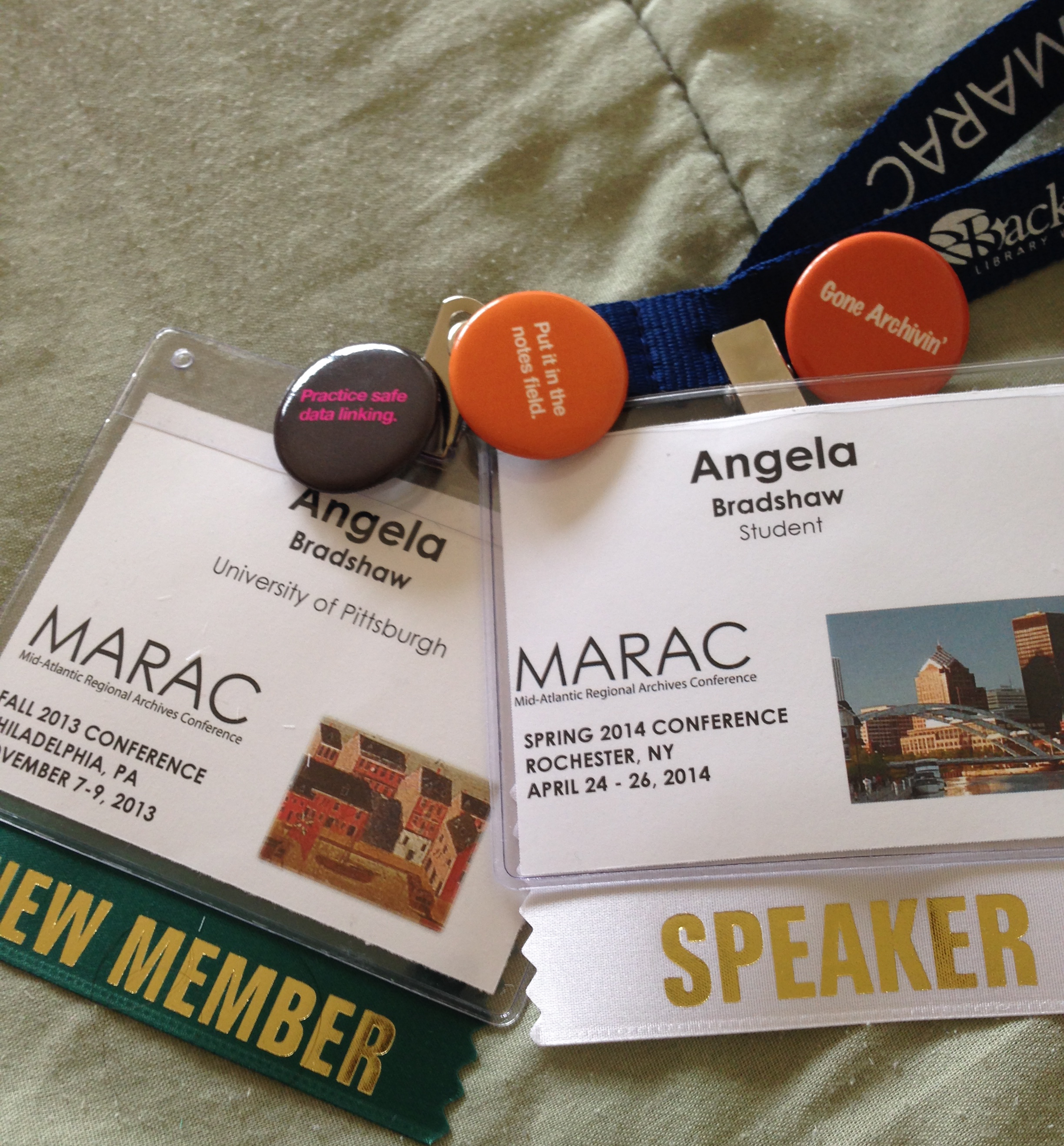As the summer semester has kicked off, so has job hunting. There are about two months left of my program, and though it is more than two thirds of my summer semester, I still can’t help but feel the pressure of the real world, and graduation at the end of July. I have been searching our MLIS listserv, Linked In jobs, the INALJ website, and our iSchool Linked In list of referenced jobs, and have found quite a few that are interesting and right up my alley. Now it is just a matter of piecing together thoughtful, energetic cover letters, and tweaking my resume for each position.
If you had asked me at the beginning of the Fall semester what kind of state of mind I may be in during the Summer semester, I probably would have been certain that I would be overwhelmed with anxiety and restlessness, applying to every job to come my way. However, I am happy to say that at this moment in time, during my summer semester, I am much more relaxed and certain of my capabilities and skill. I have worked hard, and am confident that I will be a true asset to the institution or organization that I end up working for. Though I have experienced multiple ups and downs throughout the program, it has truly been worth it; I know I bring a wealth of knowledge and experience.

